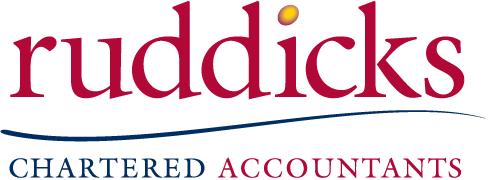What is Superannuation Guarantee (SG) and Superannuation Guarantee Charge (SGC)?
Single touch payroll (STP), the reporting mechanism employers must use to report payments to workers, provides a comprehensive, granular level of near-real time data to the regulators on income paid to employees. The ATO is now matching STP data to the information reported to them by superannuation funds to identify late payments, and under or incorrect reporting. The super guarantee laws do not have a tolerance for a ‘little bit’ late. Contributions are either on time, or they are not.
If an employer fails to meet the quarterly SG contribution deadline, they need to pay the SG charge (SGC) and lodge a Superannuation Guarantee Statement within a month of the late payment. The SGC applies even if you pay the outstanding SG soon after the deadline. The SGC is particularly painful for employers because it is comprised of:
- The employee’s superannuation guarantee shortfall amount – i.e., the SG owing.
- 10% interest p.a. on the SG owing for the quarter - calculated from the first day of the quarter until the 28th day after the SG was due, or the date the SG statement is lodged, whichever is later;
- An administration fee of $20 for each employee with a shortfall per quarter;
- Potentially other penalties, particularly for repeat offenders.
Unlike normal SG contributions, SGC amounts are not tax deductible, even if you pay the outstanding amount. And, the calculation for SGC is different to how you calculate SG. The SGC is calculated using the employee’s salary or wages rather than their ordinary time earnings (OTE). An employee’s salary and wages may be higher than their OTE, particularly if you have workers who are paid overtime.
All this amounts to a strong incentive to pay your employees’ superannuation on time, no later than the due date each quarter.
For more information on SG and it's due dates, visit the ATO's website.
DISCLAIMER:
Liability limited by a scheme approved under Professional Standards Legislation.
The content of this newsletter is general in nature. It does not constitute specific advice and readers are encouraged to consult their Ruddicks adviser on any matters of interest. Ruddicks accepts no liability for errors or omissions, or for any loss or damage suffered as a result of any person acting without such advice. This information is current as at 24 January 2024, and was published around that time. Ruddicks particularly accepts no obligation or responsibility for updating this publication for events, including changes to the law, the Australian Taxation Office’s interpretation of the law, or Government announcements arising after that time.
Any advice provided is not ‘financial product advice’ as defined by the Corporations Act. Ruddicks is not licensed to provide financial product advice and taxation is only one of the matters that you need to consider when making a decision on a financial product. You should consider seeking advice from an Australian Financial Services licensee before making any decisions in relation to a financial product. © Ruddicks 2024

